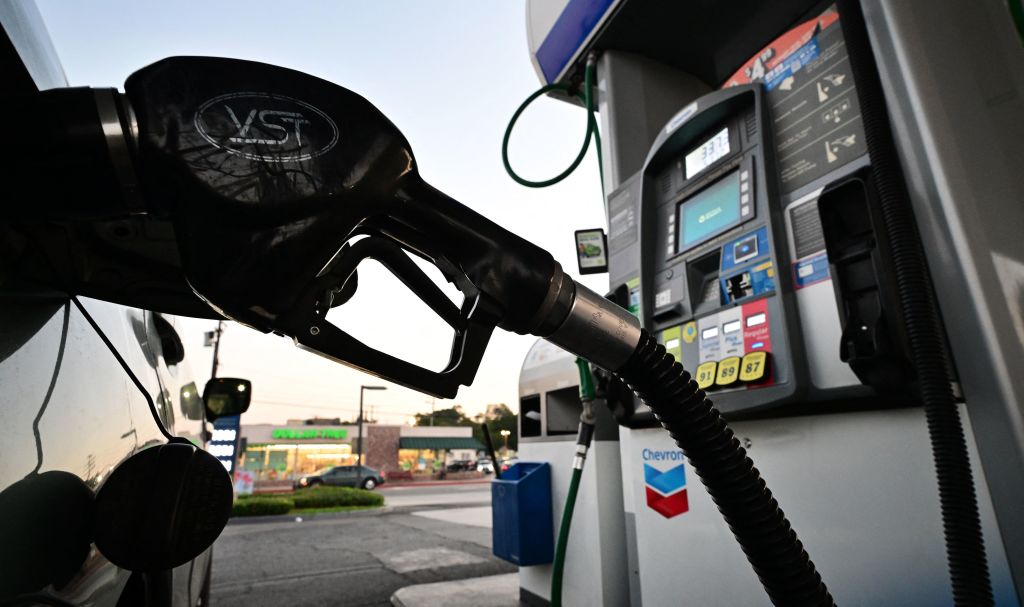Play all audios:
The average price of U.S. gasoline fell to $3.33 a gallon on Thursday, according to AAA, making gas cheaper now than it was a year ago — and much cheaper than over the summer, when prices
spiked to just above $5 a gallon, _The New York Times_ reports. Lower gas prices are good news for consumers, at least those who drive gas-powered cars, since they will have more money to
spend over the holidays. But it's a mixed bag for the economy, because it reflects lower worldwide demand and could prompt higher interest rates from the Federal Reserve.
"It's good for households and it's good for affordability," S&P Global chief U.S. economist Beth Ann Bovino tells the _Times_. "But at the same time the easing
up of pricing pressure at the gas pump leaves more money to spend elsewhere, that might give a near-term boost to inflation, which the Fed would have to fight." SUBSCRIBE TO THE WEEK
Escape your echo chamber. Get the facts behind the news, plus analysis from multiple perspectives. SUBSCRIBE & SAVE SIGN UP FOR THE WEEK'S FREE NEWSLETTERS From our morning news
briefing to a weekly Good News Newsletter, get the best of The Week delivered directly to your inbox. From our morning news briefing to a weekly Good News Newsletter, get the best of The
Week delivered directly to your inbox. The main driver of the cheaper gas is the drop in crude oil prices, as global oil prices account for more than half the cost of a gallon of gas (the
rest is refining costs, gas station profits, and gas taxes, mostly). Oil prices have plummeted about 20 percent since August. Brent Crude, the global benchmark, has dropped to $78 a barrel,
its lowest level this year, and West Texas Intermediate, the main influence on U.S. gas prices, is down to $72 a barrel. The fall in oil prices is tied to a COVID-related falloff in demand
from China, the world's largest net oil importer, and possibly an EU-U.S $60-a-barrel cap on Russian oil exports. Geopolitical events are will remain a wild card. But gas prices are
also seasonal — winter blend gas is cheaper to refine because it has fewer environmental restrictions, AAA spokesman Devin Gladden tells the _Times_ — and prices at the pump typically rise
in January after a December lull. Explore More Inflation Speed Reads

